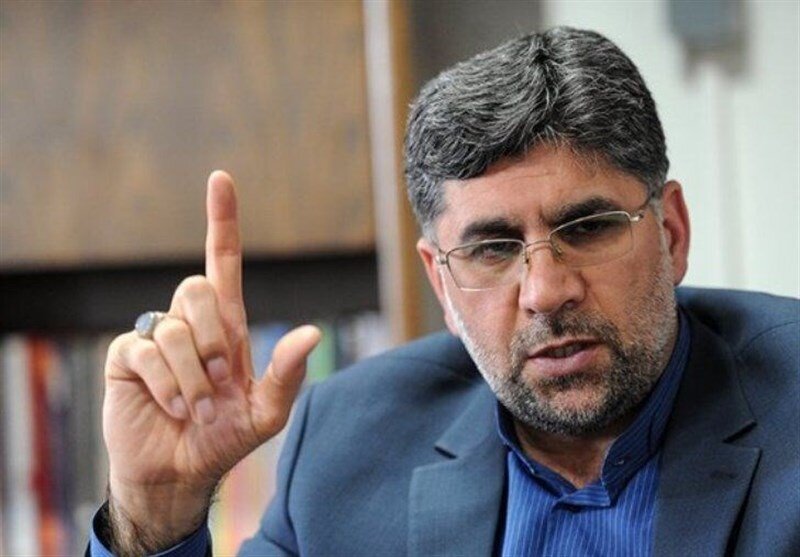Biden must unconditionally return to JCPOA: senior MP

TEHRAN – Shahriar Heydari, deputy head of the Parliament’s National Security and Foreign Policy Committee, has called on U.S. President-elect Joe Biden to unconditionally return to the 2015 Iran nuclear deal.
The lawmaker said if Biden unconditionally implements the nuclear deal – officially called the Joint Comprehensive Plan of Action (JCPOA) –, Iran will also implement its commitments under the deal.
“But if the Western parties raise the issue of negotiations and buy more time, this will certainly not benefit Iran,” Heydari told Tasnim on Sunday.
Underlining that Iran’s main goal in preserving the JCPOA is to lift sanctions, he said, “If the cruel sanctions that were imposed on the Iranian nation under Trump are not to be lifted, the JCPOA will certainly be a loss for Iran.”
The lawmaker pointed out that Iran and the P5+1 had undertaken to implement the commitments they made within the JCPOA. “The Islamic Republic of Iran fulfilled these obligations, but the United States withdrew from this international agreement, and the Europeans did not fulfill their obligations under the pressure of the White House, brought the JCPOA close to destruction,” Heydari remarked, noting that the Western parties to the nuclear deal have reneged on their commitments while Iran transparently implemented its obligations.
The deputy head of the parliamentary committee pointed out that restrictions on Iran’s banking transactions, insurance, aviation and shipping industries were supposed to be lifted under the JCPOA but after the U.S. withdrawal from the deal, these restrictions remained in place, which prompted Iran to reduce its nuclear commitments.
According to Heydari, the best option for Iran to respond to the Western non-compliance is to implement a nuclear law passed by the Iranian Parliament in early November.
The nuclear law, officially called “Strategic Action to Lift Sanctions and Protect Nation’s Rights,” outlines a step-by-step strategy for Iran to force the West into reconsidering its sanctions policy against Iran by increasing nuclear activities. It stipulates that the Iranian government should take certain nuclear measures such as raising the level of uranium enrichment to 20% and suspend the voluntary implementation of the Additional Protocol to the nuclear Non-Proliferation Treaty (NPT) in few months if the Western parties failed to honor their obligations under the JCPOA.
In early January, Iran raised the level of Uranium enrichment to up to 20% in line with the nuclear law. Heydari said this move was made under the watch of the UN nuclear watchdog.
On January 4, Iran officially started enriching uranium to 20%. “A few minutes ago, the process of producing enriched uranium to 20% purity has begun. And the first product of UF6 enriched uranium will be produced in a few hours,” Iranian government spokesman Ali Rabiei said on that day.
Rabiei also said that President Hassan Rouhani had issued an order stipulating that the nuclear law should be implemented.
“We resumed 20% enrichment, as legislated by our Parliament. IAEA has been duly notified. Our remedial action conforms fully with Para 36 of JCPOA, after years of non-compliance by several other JCPOA participants. Our measures are fully reversible upon FULL compliance by ALL,” Iranian Foreign Minister Mohammad Javad Zarif said in a tweet on the same day as Iran started the 20% uranium enrichment.
SM/PA
Leave a Comment